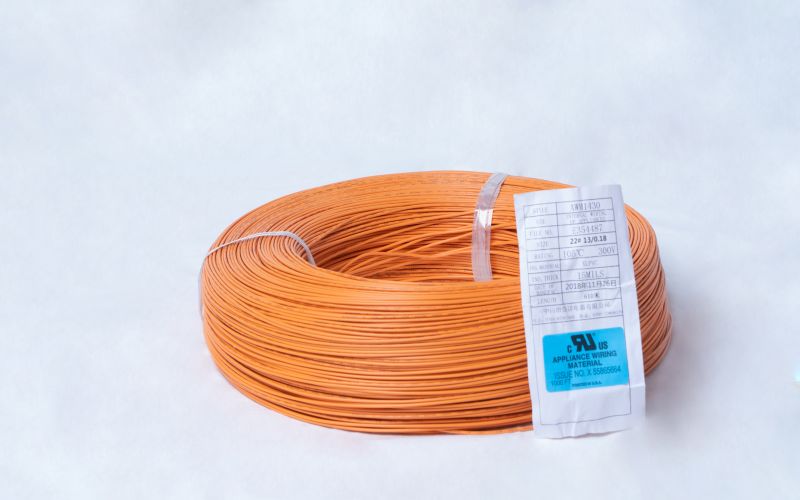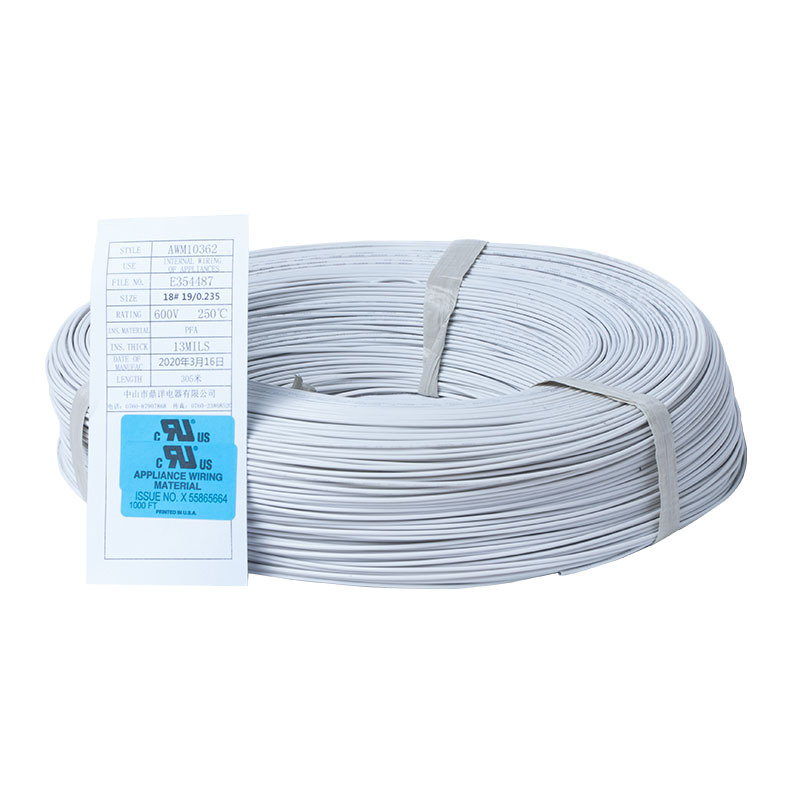The world of electrical engineering is adorned with acronyms and abbreviations, each representing a specialized material or component. Among these, PTFE stands out as a crucial player, especially in the context of electrical wires. In this article, we delve into the mysterious acronym, unraveling the meaning behind PTFE and exploring why it is a sought-after material in the realm of electrical wiring.
What Does PTFE Stand For?
PTFE stands for Polytetrafluoroethylene. It is a synthetic fluoropolymer of tetrafluoroethylene, a compound consisting of carbon and fluorine atoms. The unique combination of these elements results in a material with extraordinary properties, making PTFE a standout choice for various industrial applications, particularly in the insulation of electrical wires.
The Composition of PTFE:
To understand the significance of PTFE in electrical wires, it's essential to grasp its composition. PTFE is composed of carbon and fluorine atoms arranged in a tetrahedral structure. The carbon-fluorine bond is exceptionally strong and non-reactive, contributing to PTFE's remarkable chemical and thermal stability.
PTFE in Electrical Wires:
1. High Temperature Resistance:
The robust carbon-fluorine bond in PTFE gives it unparalleled resistance to high temperatures. This property is particularly crucial in electrical wiring, where components may be subjected to elevated temperatures during operation. PTFE-insulated wires can maintain their structural integrity and electrical properties even in extreme heat.
2. Exceptional Insulation Properties:
Polytetrafluoroethylene's molecular structure contributes to its exceptional dielectric strength and insulation properties. When used as insulation in electrical wires, PTFE prevents electrical leakage and interference, ensuring efficient and reliable transmission of electrical signals.
3. Chemical Inertness:
The chemical inertness of PTFE is a boon in environments where exposure to corrosive substances is a concern. Electrical wires insulated with PTFE can withstand exposure to a wide range of chemicals, solvents, and oils without undergoing degradation.
4. Low Friction Coefficient:
The low friction coefficient of PTFE makes it an advantageous material for applications involving movement, such as in cable assemblies. This property minimizes wear and tear, contributing to the longevity of electrical components.
5. Flexibility and Durability:
PTFE's flexibility allows for easy installation and routing of wires in confined spaces. Moreover, its resistance to mechanical stress ensures that PTFE-insulated wires can endure bending and twisting without compromising their performance, contributing to the overall durability of electrical systems.
Conclusion:
In the intricate tapestry of electrical engineering, PTFE stands as a symbol of resilience and reliability. Its unique composition and exceptional properties make it an ideal choice for insulation in electrical wires. By understanding what PTFE stands for and the qualities it brings to the table, we gain insight into why it has become a staple in the construction of high-performance electrical components. As technology continues to advance, PTFE's role in shaping the future of electrical engineering remains both fascinating and indispensable.

Privacy statement: Your privacy is very important to Us. Our company promises not to disclose your personal information to any external company with out your explicit permission.



